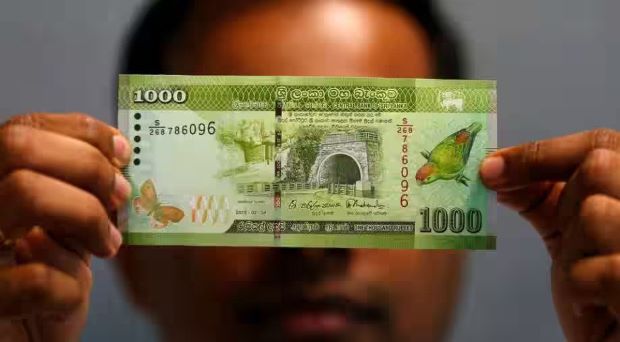Amid international pressure, Sri Lanka considers transparency on spending tax money
COLOMBO – In a move to ensure transparency amid international pressure to enact tough anti-corruption laws, Sri Lanka is considering compiling a monthly report on how the money collected from taxpayers is spent, Cabinet Spokesman Bandula Gunawardena said on Tuesday (24).
Many multilateral lending agencies including the International Monetary Fund (IMF) and the World Bank have urged Sri Lanka to enact tough anti-corruption laws and ensure transparency on the public funds and borrowing, government officials have said.
Corruption and lack of transparency have become key issues in every level of the government and people are forced to bear the cost of such corruption eventually.
“We hope to tell the finance ministry to provide us a report monthly on how the tax income was utilized,” Gunawardena told reporters at the weekly Cabinet briefing on Tuesday,
“And that report will be issued to the media. We all work on public taxes. The treasury has the public money, not individuals’ money.”
Successive governments have been loath to eliminate corruption as such moves also hit key crony capitalists who fund politicians and political parties, government sources say.
The IMF in September last year, after reaching staff level agreement with Sri Lanka, said one of the key elements in its program is “reducing corruption vulnerabilities through improving fiscal transparency and public financial management, introducing a stronger anti-corruption legal framework, and conducting an in-depth governance diagnostic, supported by IMF technical assistance.”
Sri Lanka has been in discussion with the IMF for a $2.9 billion Extended Fund Facility (EFF) since mid-last year, but the global lender’s board has been waiting for the final agreement of debt restructuring for the loan program approval.
“The new EFF arrangement will support Sri Lanka’s program to restore macroeconomic stability and debt sustainability, while safeguarding financial stability, reducing corruption vulnerabilities and unlocking Sri Lanka’s growth potential,” the IMF said in its September 1 statement.
-economynext.com



Comments are closed, but trackbacks and pingbacks are open.